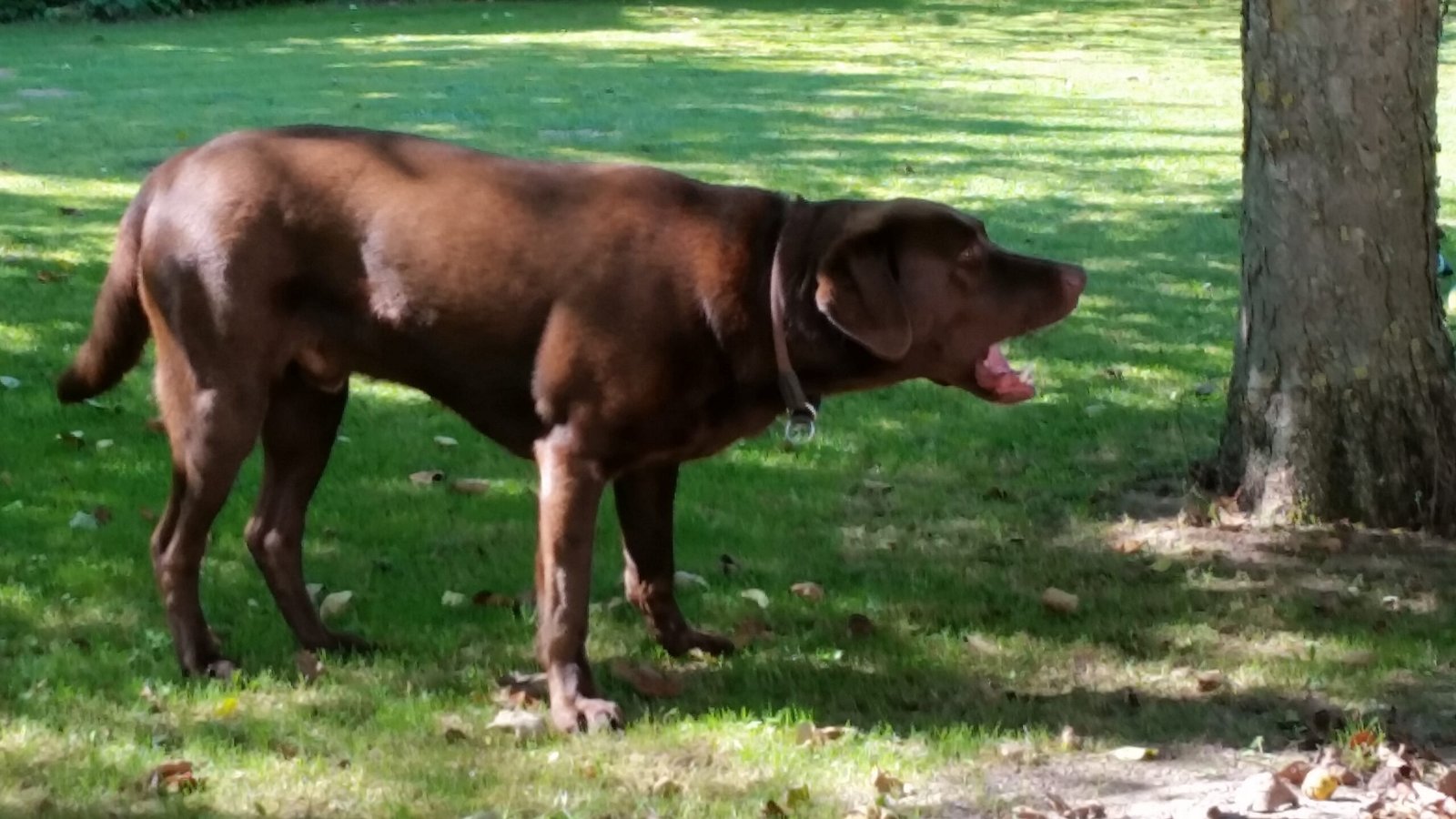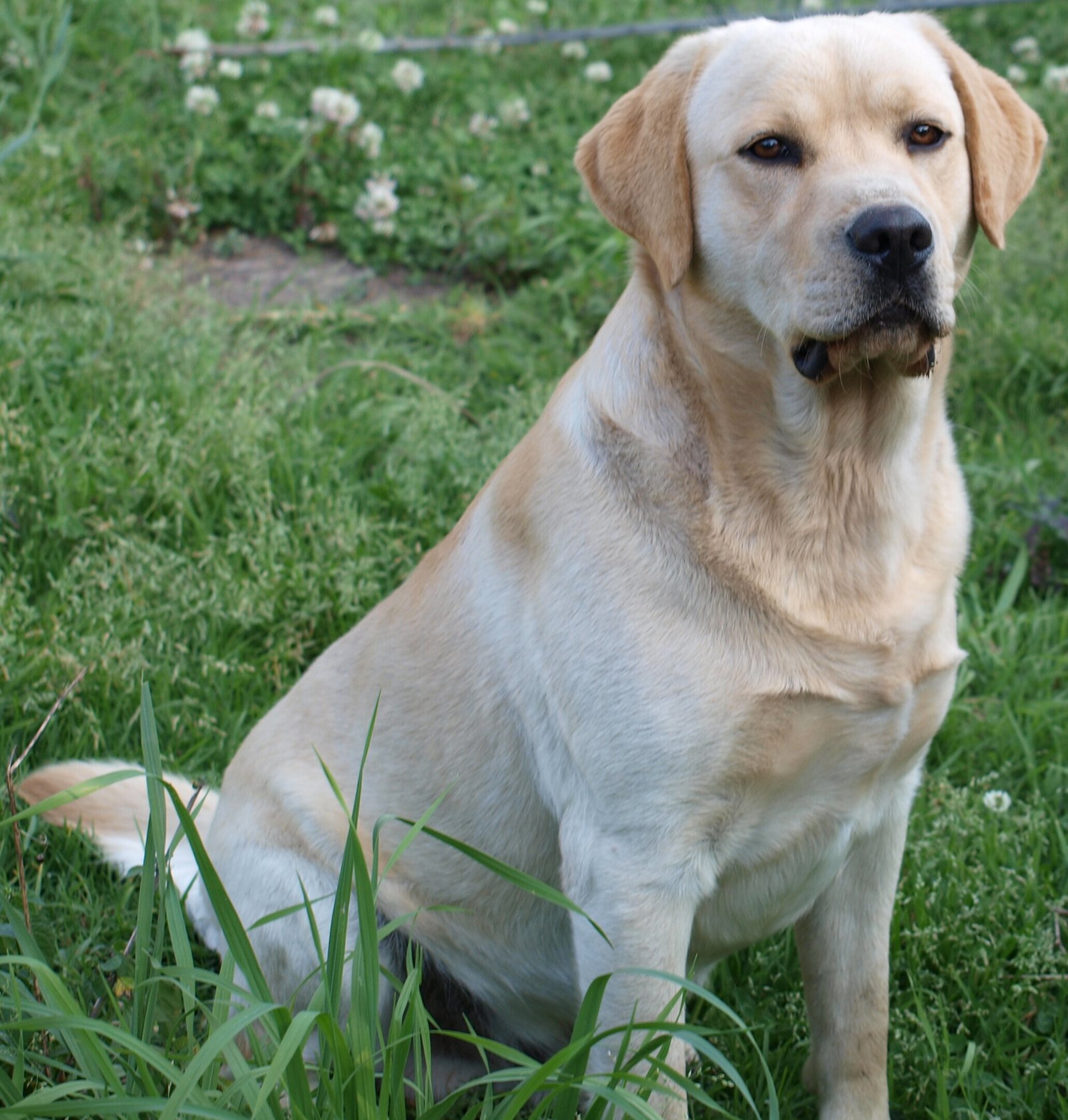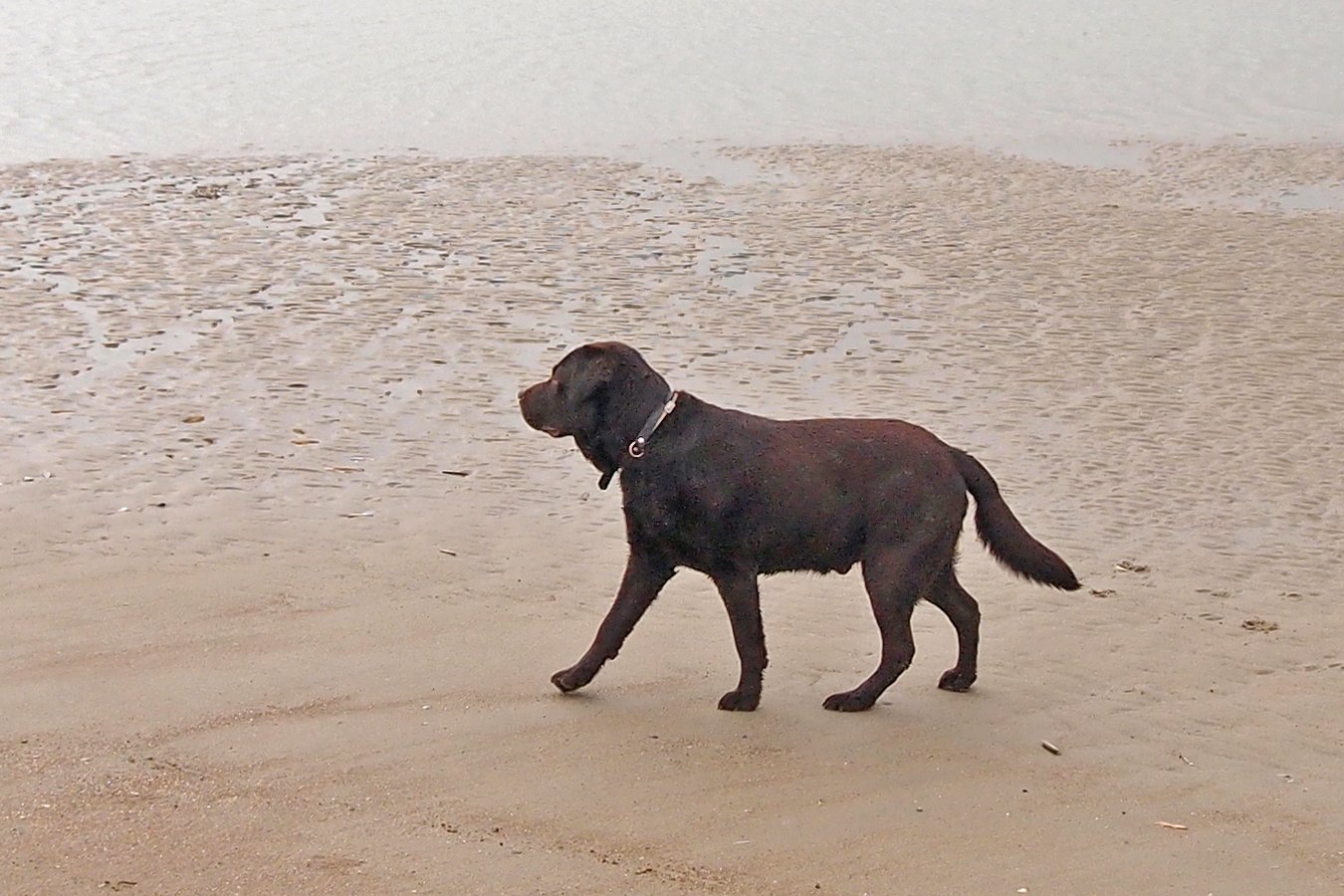Labrador Retrievers are known for their friendly nature and boundless energy. As man’s best friend, they thrive on companionship and affection. But what happens when your Labrador feels lonely? These social dogs can become anxious, bored, or even destructive if they lack interaction and playtime. Finding them the right furry friend can make all the difference, providing them with the companionship and stimulation they crave. This article delves into the signs that your furry friend might be feeling isolated and suggests the best dog companions to keep them company. Understanding these signs and choosing the right companion can ensure your Labrador’s happiness and well-being.
Excessive Barking

One of the first signs that your Labrador might be lonely is excessive barking. When left alone for extended periods, they may start barking at every little noise, hoping someone will respond. It’s their way of calling out, trying to fill the silence with sound. Just like a person might talk to themselves when they feel isolated, your dog tries to communicate through barking. If you notice an increase in this behavior, it might be time to consider their emotional needs.
Destructive Behavior

Loneliness can lead to boredom, and boredom can translate into destructive behavior. A lonely Labrador may chew on furniture, dig through the trash, or even tear up pillows. This isn’t because they’re trying to be naughty; they simply need an outlet for their pent-up energy and emotions. Think of it as a child acting out when they feel neglected or bored. Providing companionship can help curb these destructive tendencies.
Loss of Appetite
A sudden change in eating habits can be a clear indication of loneliness. Labradors, known for their hearty appetites, might lose interest in food if they’re feeling down. Just as humans might lose their appetite when they’re sad or stressed, dogs can exhibit similar behaviors. Observing a decrease in food intake is a red flag that shouldn’t be ignored, as it can impact their overall health.
Clinginess

If your Labrador becomes overly clingy, following you around everywhere, it’s a sign they crave attention and companionship. They might shadow you from room to room, seeking reassurance and comfort. This behavior is similar to a child holding onto a parent’s leg, not wanting to let go. It’s their way of expressing their need for connection and love.
Excessive Sleeping
While Labradors do enjoy their naps, excessive sleeping can be a sign of loneliness. A lonely dog might sleep more to escape the feelings of isolation, much like how some people might sleep to avoid facing their emotions. If your Labrador’s sleep patterns have changed significantly, it could be a sign they’re feeling more alone than usual.
Depression
Yes, dogs can experience depression. If your Labrador seems lethargic, disinterested in play, or generally down, they might be feeling lonely. Their once wagging tail might droop, and their playful nature might diminish. Recognizing these signs early on can help you address their emotional needs and bring back their joyful spirit.
Pacing

Pacing is a common sign of anxiety and restlessness in dogs. A lonely Labrador might walk back and forth, unable to settle down. This behavior is akin to a person who walks around when they’re anxious or deep in thought. It’s a physical manifestation of their internal turmoil and a clear indication that they need more interaction and companionship.
Licking or Chewing Themselves
If your Labrador starts obsessively licking or chewing themselves, it might be a sign of loneliness. This behavior can be compared to a person biting their nails when they’re nervous or stressed. It’s a coping mechanism to deal with their emotions. If left unchecked, it can lead to skin irritations or infections, so it’s essential to address the root cause.
Loss of Interest in Play

Labradors are naturally playful, so a sudden disinterest in toys or games can be concerning. If your dog isn’t excited about their usual playtime, it might be because they’re feeling lonely. Much like a person who loses interest in hobbies when they’re down, your Labrador’s lack of enthusiasm is a signal that they’re missing companionship.
Panting or Whining
Panting and whining can be signs of distress in dogs. If your Labrador is doing this more frequently without any physical exertion, it might be due to loneliness. They might be trying to communicate their discomfort or unease, much like a person might sigh or groan when feeling overwhelmed. Understanding these cues can help you provide the support they need.
Golden Retriever: The Perfect Playmate
Golden Retrievers are often considered the ideal companions for Labradors. Both breeds share a friendly and playful nature, ensuring they get along well. Their similar energy levels mean they can keep each other entertained, reducing feelings of loneliness. Think of them as two peas in a pod, always ready for an adventure together.
Beagle: A Curious Companion
Beagles, with their curious and sociable nature, make excellent companions for Labradors. They bring a sense of adventure and exploration, keeping your Labrador engaged and active. Their smaller size and boundless energy make them perfect playmates, ensuring your Labrador never feels alone.
Boxer: The Energetic Buddy
Boxers are known for their playful and energetic demeanor, making them great companions for Labradors. Their lively nature means they can keep up with a Labrador’s energy, ensuring both dogs remain active and happy. Together, they can engage in endless games of fetch or simply enjoy each other’s company.
Collie: The Gentle Friend
Collies, with their gentle and loyal nature, provide a calming presence for Labradors. Their nurturing demeanor ensures that your Labrador always has a friend to lean on. Whether it’s a game of chase or a quiet nap, these two breeds complement each other perfectly. Collies are also highly intelligent and intuitive, making them great at reading their Labrador friend’s emotions. Their playful yet patient nature helps balance a Labrador’s energy, creating a bond that’s both fun and comforting.
French Bulldog: The Laid-Back Companion

For Labradors that enjoy a more relaxed pace, French Bulldogs offer the perfect balance. Their laid-back nature means they can provide companionship without overwhelming your Labrador with too much energy. Together, they can enjoy leisurely walks or simply lounge around, basking in each other’s company.
Cocker Spaniel: The Affectionate Ally
Cocker Spaniels, known for their affectionate and friendly nature, make wonderful companions for Labradors. They bring warmth and love, ensuring your Labrador always feels cherished. Their playful spirit means they can engage in fun activities, keeping loneliness at bay.
Poodle: The Intelligent Playmate
Poodles, with their intelligence and playful nature, are excellent companions for Labradors. Their quick wit and eagerness to learn mean they can keep your Labrador mentally stimulated. Together, they can engage in training sessions or simply enjoy a game of fetch, ensuring both dogs remain happy and content.
German Shepherd: The Loyal Protector
German Shepherds, with their loyal and protective nature, offer a sense of security for Labradors. Their strong bond ensures that your Labrador always has a friend to rely on. Whether it’s exploring the outdoors or simply relaxing at home, these two breeds form a powerful partnership.
Chihuahua: The Spunky Sidekick
Chihuahuas, despite their small size, have a big personality, making them delightful companions for Labradors. Their spunky nature brings excitement and joy, ensuring your Labrador always has a friend to play with. Together, they form an unlikely but heartwarming duo, proving that size doesn’t determine the strength of a friendship.
Pug: The Playful and Affectionate Sidekick
Pugs may be small, but their big personalities make them a fantastic match for a lively Labrador Retriever. These little charmers love to play, keeping up with a Lab’s energy while adding a touch of goofy fun to every interaction. Their affectionate and social nature means they thrive on companionship, making them the perfect sidekick for a Lab that hates being alone. Despite their smaller size, Pugs are sturdy and confident, never shying away from a good game of chase or tug-of-war. After playtime, their cuddly nature ensures your Lab has a snuggle buddy to relax with. If you’re looking for a fun-loving, affectionate companion for your Labrador, the Pug is a perfect choice!
Recognizing the signs of loneliness in your Labrador Retriever is crucial for their overall well-being. By understanding their emotional needs and choosing the right companion, you can ensure they lead a happy and fulfilled life. Whether it’s a playful Golden Retriever or a gentle Collie, the right companion can make all the difference. Remember, a happy Labrador is a healthy Labrador, and providing them with companionship is one of the best ways to show your love and care.





